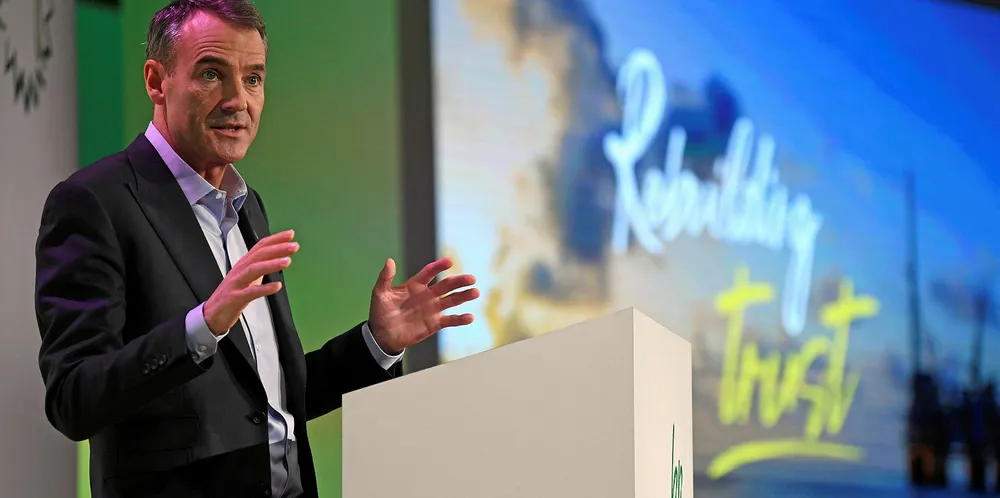Will Covid-19 mark a permanent shift in oil companies’ energy-transition strategies?
Peak oil may have already been reached, say supermajor bosses as they cut hydrocarbons spending and double down on clean-energy plans

Peak oil may have already been reached, say supermajor bosses as they cut hydrocarbons spending and double down on clean-energy plans
